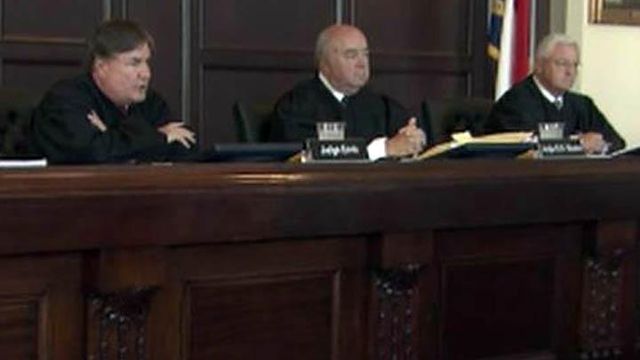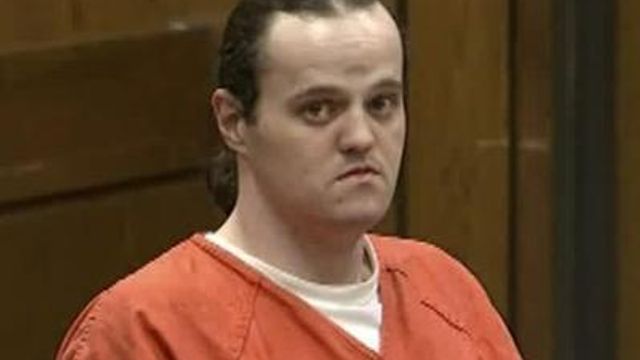State: Human remains not evidence in Durham bones case
An attorney for the state argued Thursday that human remains aren't evidence that need to be preserved for trial, so a murder charge should be reinstated against a Mebane man found carrying a woman's remains in his backpack.
Posted — UpdatedSuperior Court Judge Orlando Hudson dismissed the charge against Michael Dorman last year amid a simmering feud with then-District Attorney Tracey Cline. He ruled that Cline conspired with police and state agents to destroy key evidence – the remains of 31-year-old Lakiea Lacole Boxley – depriving Dorman of his right to a fair trial.
Boxley's family cremated her remains shortly after Dorman was indicted, a move that prevented the defense from conducting its own tests.
State attorneys appealed his decision, saying Hudson abused his discretion, and the North Carolina Court of Appeals heard arguments in the case Thursday.
"Evidence is generated from the remains. The body itself is not evidence," Special Deputy Attorney General Robert Montgomery said.
Appellate Judge Sam Ervin IV questioned that argument, saying that a body is needed to establish some facts in a criminal case.
"It seems to me that human remains have to be evidence in some form, in some cases at least," Ervin said.
Appellate Judge Robert N. Hunter Jr. noted that Dorman was initially charged with possession of human remains.
"Are you saying, under that charge, the remains would not be evidence?" Hunter asked.
Dorman, 34, was arrested in July 2010 after one of his friends told authorities that Dorman admitted to killing a prostitute and had asked him to help dispose of her remains, which he had in a backpack. An autopsy determined that Boxley, who had been missing since March 2008, might have been shot in the head.
Dorman told investigators that he only found the remains and planned to use them for his sexual gratification.
Allowing the remains to be cremated never gave Dorman the opportunity to back up that claim, his attorney, Ann Peterson, told the three-judge panel.
"If those are random bones, if those are bones of other people, we have absolutely no way of knowing because they're destroyed," Peterson argued.
She said she wasn't arguing that Boxley's family wasn't entitled to her remains; she only questions the timing of the release. The medical examiner held the remains for more than a month and then released them five days after Dorman's initial attorney filed a motion to preserve all evidence in the case, she said.
"The judge can infer some bad faith there," she said.
Montgomery said the medical examiner is required under state law to release remains to the next of kin after all needed tests are completed.
Despite the dismissal, Dorman remains in custody under a $150,000 bond until the appeal is resolved.
• Credits
Copyright 2024 by Capitol Broadcasting Company. All rights reserved. This material may not be published, broadcast, rewritten or redistributed.






